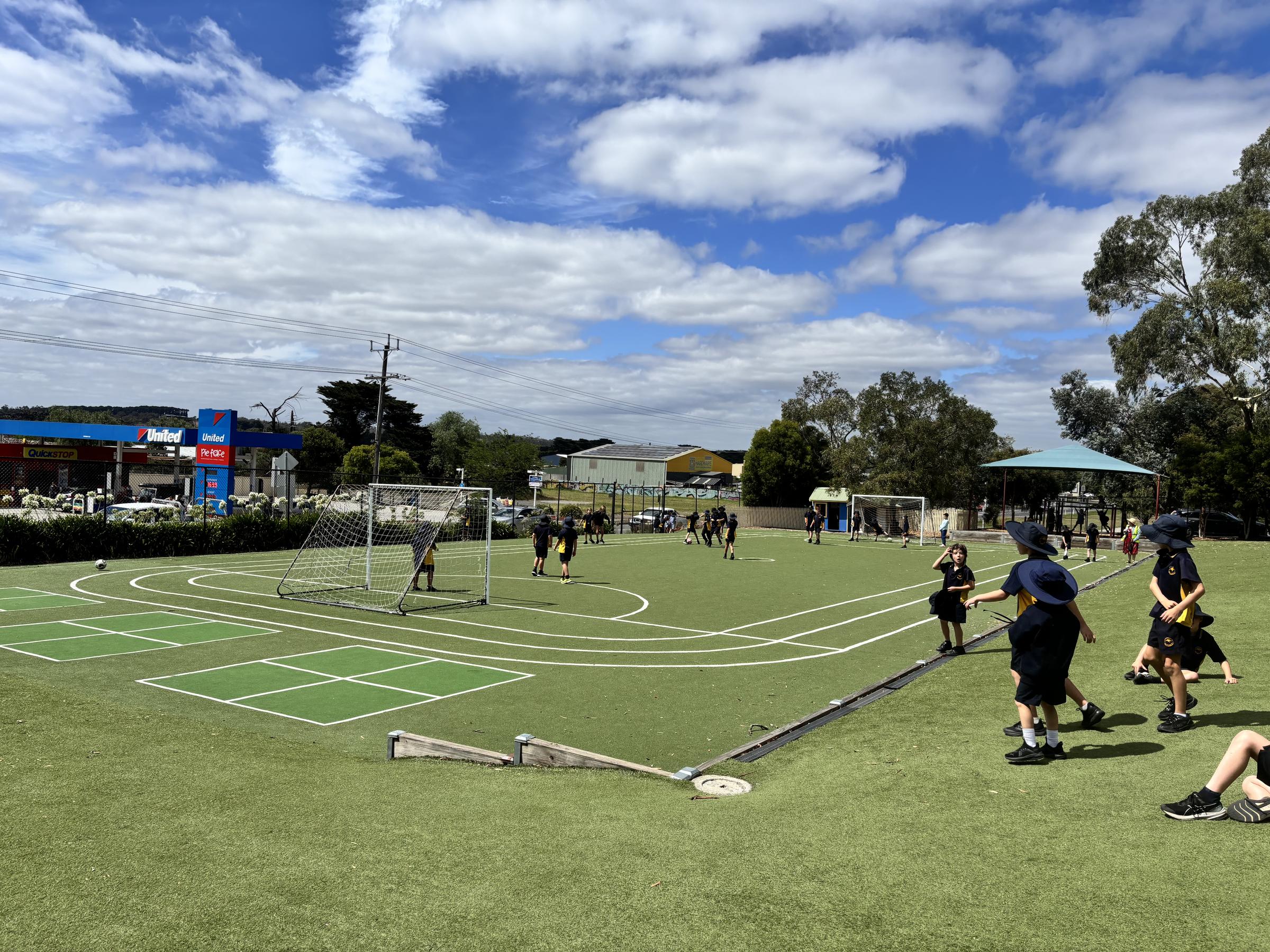Mental Health in Primary Schools (MHiPS)
Amy Carter

Mental Health in Primary Schools (MHiPS)
Amy Carter
The benefits and importance of practising empathy


When you sit down and ask yourself, ‘Am I making an effort to be kind?’ or ‘Am I taking time to show empathy?’, chances are the answer might be no. Just so we’re clear, if the answer is no, it doesn’t mean we’re bad people! There are so, so, SO many things and distractions filling our day-to-day lives, and it’s incredibly easy to be pulled away from what we’re doing and who we’re with, both physically and mentally.
We know if we want to be truly kind and empathetic, and being kind and empathetic is huge if we want to have positive relationships and improve our overall wellbeing, it’s important to make time to connect with people and show a genuine interest in their lives.
This will come easier to us if we practise being present when we’re with others, actively listen during conversations, and minimise those distractions that try to take our attention away (we’re looking at you, phones). While it’s not easy, the benefits of doing this are massive – for us and for the people we’re connecting with!
The science behind empathy
Empathy is the ability to understand and share the feelings of others, and is strongly linked to kindness. When you do something kind for someone, you make them feel great, and you also feel amazing as a result of your body releasing oxytocin. Now, if you’re wondering what oxytocin is, it’s a hormone that boosts your energy levels and self-esteem. When we produce more oxytocin, it can help reduce stress, increase positive emotions and improve overall life satisfaction. And by the way, this is all on top of those stronger, more compassionate relationships that come from those empathetic conversations. How great is that?!
If you’re searching for inspiration, here are some ideas on ways you can practise empathy in your daily life:
Actively listen. One of the most important ways to practise empathy is by actively listening to others. This means giving them your full attention, asking clarifying questions, and truly trying to understand their perspective.
Put yourself in someone else’s shoes. Try to imagine what it would be like to be in the other person’s situation. This can help you to understand their feelings and respond more compassionately.
Show understanding and validation. Let the person know that you understand and validate their feelings. This can help them to feel heard and supported.
Do it in your everyday interactions. Empathy is not just for big or serious situations; you can practise it every day and with literally anyone. Being kind towards a cashier, a friend or a family member can make a difference and improve your wellbeing.
And so, practising empathy isn't just about understanding others, it's about fostering deeper connections, enhancing our own well-being, and creating a more compassionate world. By making a conscious effort to be present, listen actively, and validate the feelings of those around us, we not only strengthen our relationships but also contribute to a more understanding and supportive community. Remember, every small act of empathy counts, and together, we can make a significant impact.
What a wonderful term we have had this term. Stay warm and have a safe and restful break, everyone.
See you all in Term 3!
Take care,
Amy Carter
(MHiPS)
Sources: